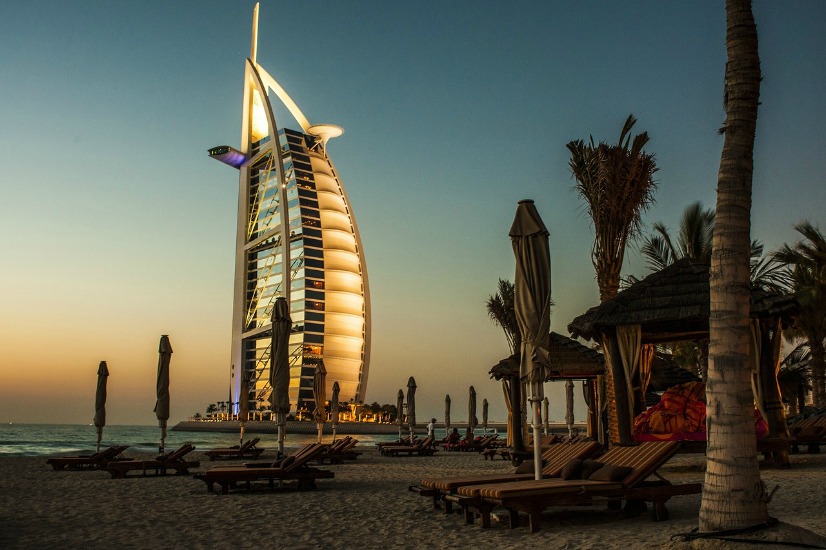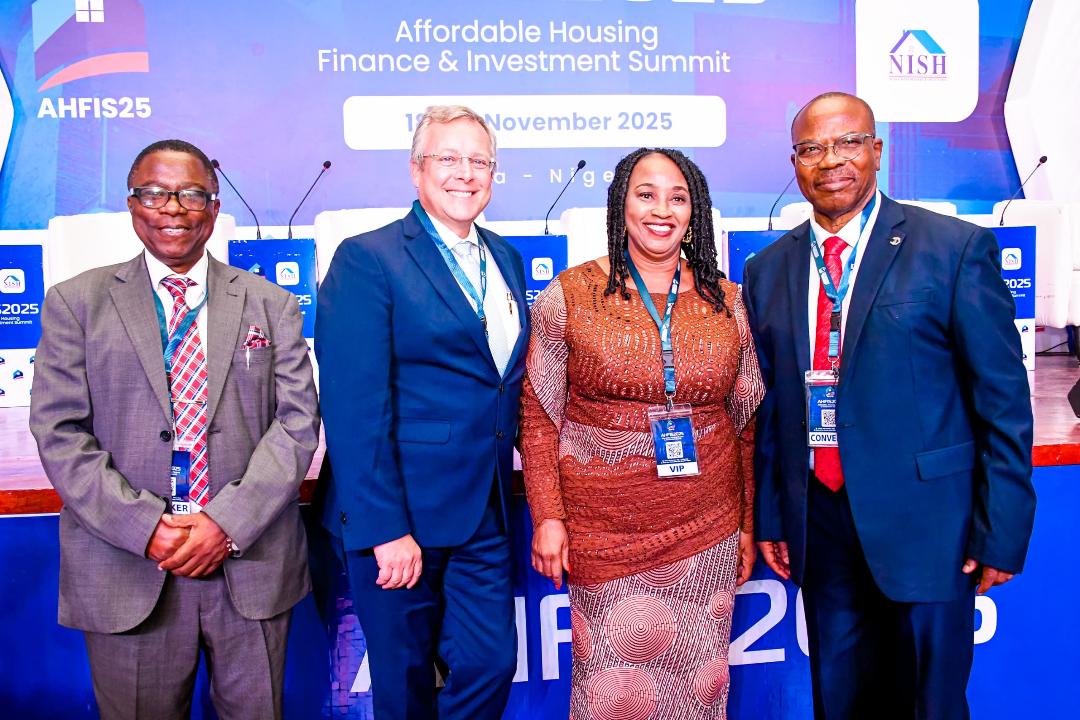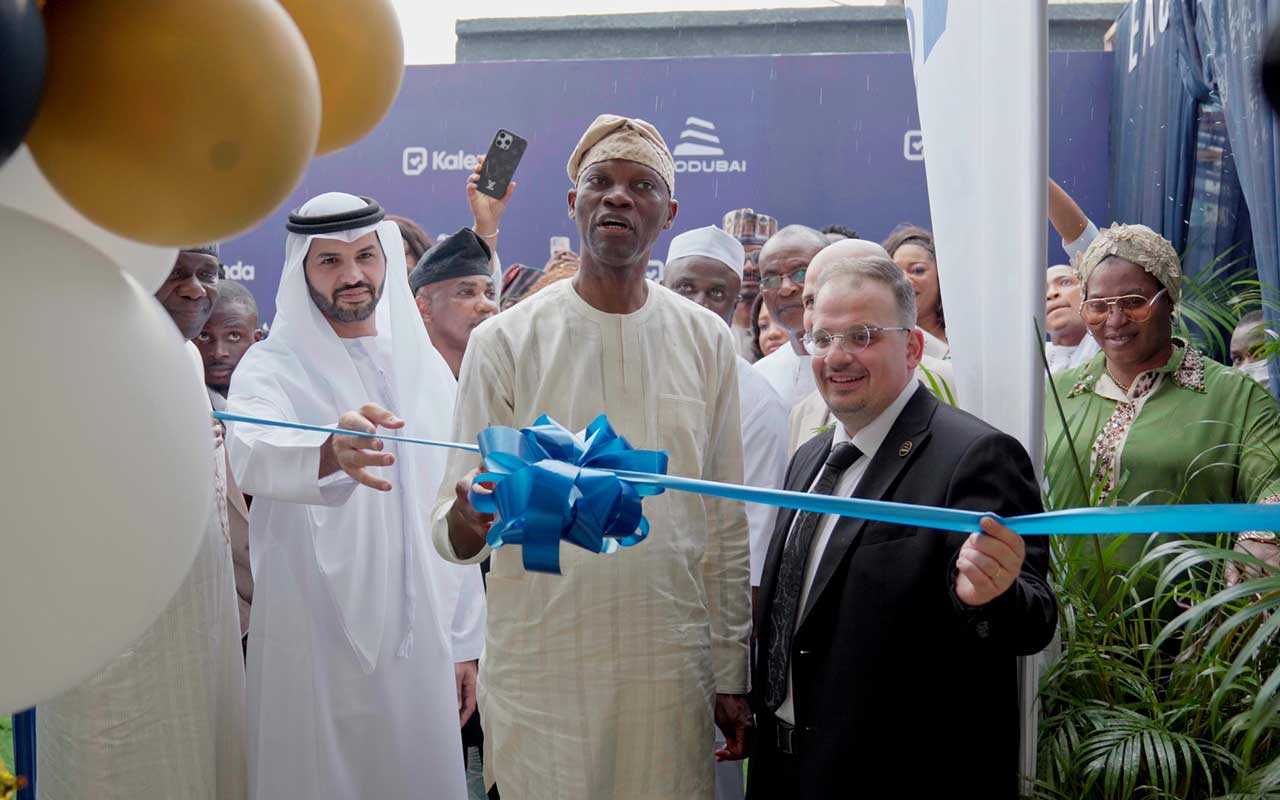
The United Arab Emirate real estate market is on an unprecedented growth trajectory, according to insights from Property Finder. With record-breaking transaction volumes and values, the market demonstrated exceptional momentum throughout 2024, bolstered by Dubai’s thriving off-plan sector and Abu Dhabi’s steady growth in residential property transactions.
Dubai led the charge, achieving 180,987 transactions worth $142.3 billion in 2024—a remarkable increase of 36.5 per cent in volume and 27.2 per cent in value compared to the previous peak in 2023. A substantial portion of this growth came from the off-plan market, which accounted for 60.5 per cent of total transactions, up from 43.6 per cent last year.
Off-Plan sales in Dubai soared to approximately 109,527 transactions, marking a 60.5 per cent year-on-year (YoY) increase. In terms of value, these transactions amounted to $62 billion, reflecting a 43.5 per cent YoY growth. This was the highest proportion of off-plan transactions in a decade, indicating strong investor confidence in Dubai’s future projects.
Existing property transactions also showed a healthy 10.9 per cent YoY increase, with 71,460 transactions contributing $80.2 billion in value—a 16.9 per cent surge compared to 2023.
Commenting on the remarkable year, Chief Revenue Officer at Property Finder, Cherif Sleiman, said, “2024 was a defining year for the UAE’s real estate sector, with record-breaking volumes and values. The market continues to thrive, driven by economic diversification, foreign investment, and a consistent influx of talent. Tools like the Dubai Land Department’s Smart Rental Index are fostering greater trust and transparency, ensuring sustained interest in the property market.”
Chief Executive Officer, The Network, Mark Richards, added, “The emirate continues to attract 50,000–60,000 new residents’ yearly, reinforcing long-term market stability. However, with only 5,000 of the 41,000 residential units expected in 2025 being villas or townhouses, there’s a significant supply gap in this high-demand sector.”
Abu Dhabi’s real estate market demonstrated consistent growth, with 14,662 transactions valued at $13 billion—a 4 per cent increase in volume. Residential properties dominated, comprising 66per cent of total transactions and 53 per cent of total value, recording 9,707 transactions worth $6.97 billion.
Off-plan sales accounted for 55.5 per cent of transactions and reached $4.45 billion in value, contributing 63.8 per cent of total residential sales value. Existing property transactions also experienced notable growth, with a 53.4per cent YoY increase in volume, reaching 4,320 transactions, valued at $2.52 billion—a 34.7per cent YoY rise.
Managing Partner at McCone Properties, Sam McCone, highlighted the evolving expectations of buyers and tenants, “Private developers are raising the bar for quality and craftsmanship. Today’s buyers not only seek prime locations but also demand properties that meet exceptional standards in design and construction. This is redefining the competitive landscape.”
Managing Director of Driven Properties, Abdullah Alajaji, added, “In 2024, we saw growing interest in affordable housing as rents climbed. There’s also been a shift toward smaller units. Meanwhile, the off-plan and luxury property markets continue to attract strong investor confidence—a trend that looks set to persist into 2025.”
IN a related development, Dubai’s property market has experienced a remarkable surge in demand, with the fourth quarter of 2024 marking the highest-ever quarterly sales, signaling a bullish outlook for 2025.
The city’s real estate sector continues to attract investors and homebuyers, bolstered by favourable economic conditions and government initiatives aimed at supporting growth. The trend suggests that Dubai’s property market will likely maintain its momentum, making it one of the most attractive destinations for real estate investment globally.
The Dubai Land Department (DLD) reported that in Q4 2024, the total value of real estate transactions soared to new heights, breaking previous records. In addition to an increase in the volume of sales, the average property prices have seen upward movements, driven by high demand in both residential and commercial segments.
According to Arabian Post, this strong performance is attributed to a combination of factors, including the city’s resilient economic recovery, strong investor confidence, and a growing population that is increasingly seeking quality housing and investment opportunities.
Leading this growth is the luxury real estate segment, which has experienced a particularly sharp uptick. High-net-worth individuals and international investors have shown a preference for prime residential properties, with villas, penthouses, and beachfront developments seeing the most significant price increases. As international travel restrictions ease and global investors return to the market, Dubai’s luxury offerings continue to be seen as attractive, safe havens for capital preservation.
In addition to the luxury sector, there is increasing interest in mid-market housing. The city’s developers have been responding to this demand by focusing on affordable housing projects, catering to the growing middle class. Several large-scale developments, particularly in emerging areas such as Dubai South, Dubai Creek Harbour, and Mohammed bin Rashid City, are underway to address this need.
The government’s proactive role in shaping the property landscape cannot be overstated. Initiatives such as long-term visas, tax breaks, and investor-friendly policies continue to provide a favorable business environment for property owners. Furthermore, the Expo 2020 Dubai, despite its delayed launch, has had a lasting impact on the city’s infrastructure, attracting additional global attention and investment. The city’s diverse and dynamic economy, with sectors like tourism, technology, and finance growing at a rapid pace, further strengthens the property market’s growth potential.
Dubai’s location as a global financial hub and a gateway between East and West remains a crucial factor for foreign buyers. The city’s diversification efforts, which focus on sectors such as fintech, renewable energy, and logistics, make it an attractive option for investors seeking growth and stability. As a result, Dubai’s real estate market remains a strong performer compared to other global cities.
The UAE’s ambitious Vision 2025 plans, which include expanding tourism, enhancing urban infrastructure, and fostering a knowledge-based economy, will likely boost demand for both residential and commercial properties in the long term. These national efforts support the city’s appeal as a thriving center for business and leisure, encouraging both local and foreign investments.
As Dubai’s economy continues to diversify and evolve, real estate will remain a key pillar. Developments in the infrastructure sector, such as the expansion of the Dubai Metro and road networks, are expected to play a significant role in sustaining the growth of property markets in both established and developing areas. Additionally, a growing focus on sustainability and green developments has led to an increase in eco-friendly properties, which appeal to environmentally conscious buyers and investors.
The residential market, while currently the star of the show is not the only segment benefitting from this upswing. Dubai’s commercial real estate market has also seen robust demand, particularly in office spaces and retail developments. As more businesses, particularly tech and financial firms, establish a foothold in the city, the demand for high-quality office spaces in prime locations has risen. Moreover, the hospitality industry has also enjoyed a boost, with new luxury hotels and resorts attracting both international and regional visitors, supporting the broader tourism sector.
Looking ahead to 2025, experts predict that Dubai’s property market will continue to attract investment, particularly from buyers and developers seeking stability amid global economic uncertainties. Analysts are particularly optimistic about the long-term prospects of the market, with the growing demand for both luxury and affordable housing creating a balanced real estate ecosystem. The projected growth of the city’s economy, combined with its increasing role as a global business hub, positions Dubai to maintain its upward trajectory.
Despite the optimistic outlook, challenges remain, particularly in terms of rising construction costs and the potential for market saturation in some areas. However, developers are adapting to these challenges by focusing on innovative design and sustainable construction practices.






